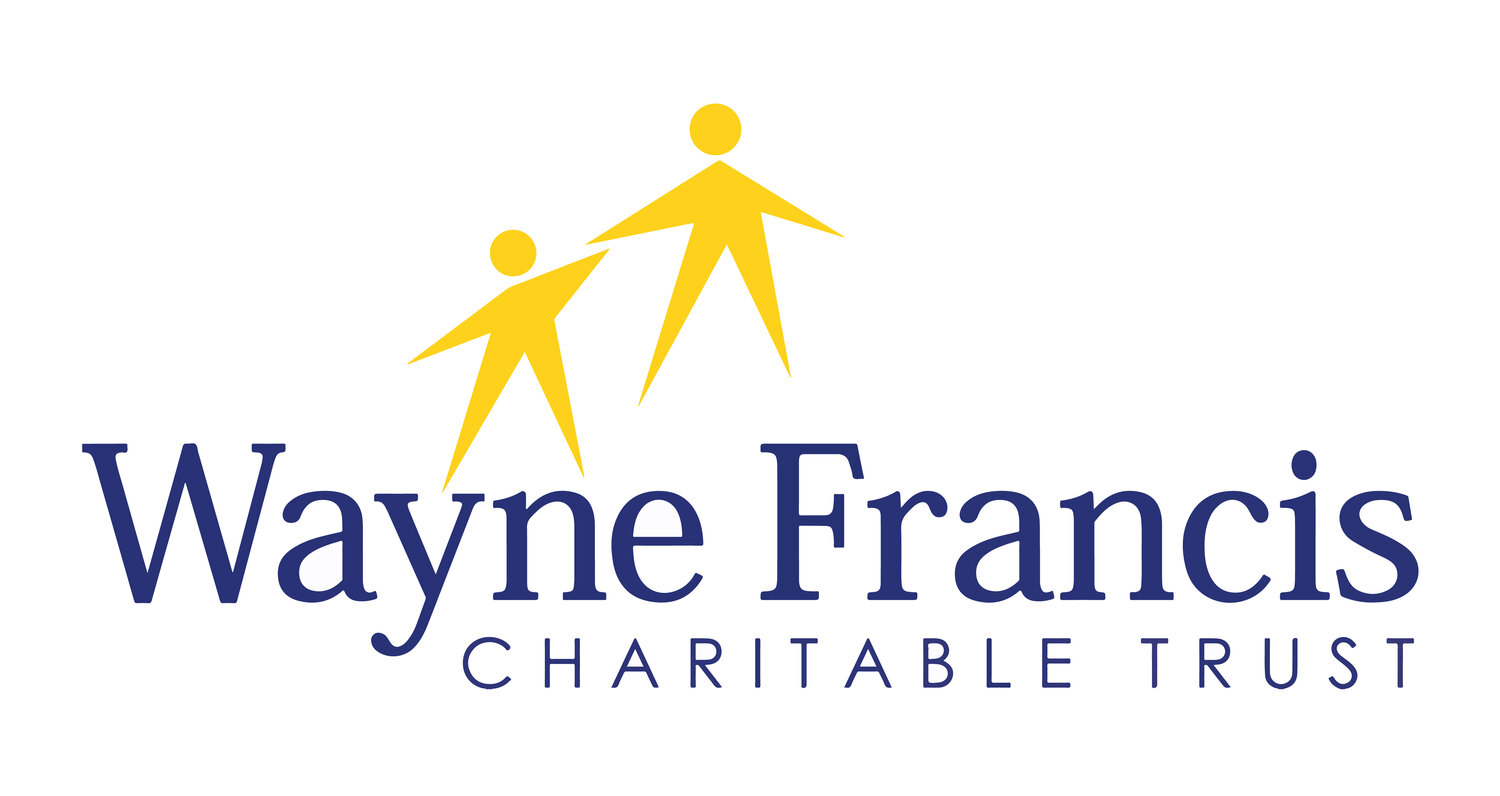Unconventional Spaces of Learning Reports 1 -3
Phase 1 (2023) – Mapping USL in New Zealand
WFCT commissioned research to explore alternative education models, with a focus on learning spaces that support neurodiverse children. The term Unconventional Spaces of Learning (USL) was introduced to describe these non-traditional learning environments. The research identified 21 USLs across New Zealand and examined their role in catering to diverse learning needs. Read the report here
Phase 2 (2024) – Provider Insights
Building on the initial findings, WFCT invited the 21 identified USL providers to share their perspectives on the benefits, challenges, and issues within the sector. Their insights were grouped into key themes: collaboration, personnel, the nature of learners and learning, relationships with schools and the Ministry of Education, access and funding, and increasing demand. Read the report here
Phase 3 (2025) – Measuring Impact
This phase focused on understanding the impact of USLs on student learning and well-being. Through five case studies from across Aotearoa, families and teachers shared their experiences, with findings revealing a consistently positive impact on children’s hauora. The research examined this impact in the context of academic achievement. Read the report here
Next Steps: Phase 4
Now in progress, Phase 4 will explore pathways for integrating USLs into mainstream education. This next stage will develop a practical framework to address challenges identified in previous research, supporting the evolution of alternative learning models within traditional school settings.

